Fewer HR professionals think their senior leaders prioritise workforce health compared to last year, with many also reporting the continued impact of long Covid
Health and Wellbeing at Work report 2022
The number of HR professionals who think their organisation effectively prioritises employee health and wellbeing has decreased in the last year, the CIPD has warned.
Its latest Health and Wellbeing at Work report, in which the CIPD and Simplyhealth collected data from 803 HR and L&D professionals in November and December 2021, found just 70 per cent agreed that wellbeing was on their business’s agenda, down from 75 per cent last year.
The number of HR professionals who believed their senior leaders embodied good wellbeing practice also dropped from 48 per cent last year to 42 per cent, while the percentage who agreed that managers had bought into the importance of wellbeing fell from 67 per cent to just 60 per cent.
Rachel Suff, senior employment relations adviser at the CIPD, said that given the continued significance of Covid-19, it was a “concern” to see a drop in the focus on health and wellbeing, “particularly when the last two years have proven how important it is to organisational resilience”.
“Senior leaders have a defining influence on their organisation’s culture and it’s in their gift to shape an environment where people feel safe to speak up about health issues and seek support,” she said.
Despite the evidence that health and wellbeing is less of a priority than it was last year, two-thirds (66 per cent) of people professionals polled still said they were concerned about how the pandemic had affected employee mental health.
Just 3 per cent of respondents said their organisation had not suffered from any pandemic-related absence, while nearly half (46 per cent) of organisations had staff members who experienced long Covid in the last 12 months.
The report also found that stress-related absence remained high this year, with almost four in five (79 per cent) organisations reporting some level of this, rising to 90 per cent in larger organisations.
Workload most common cause of stress
According to the respondents, the most common reason for stress in the workplace is workload, with 60 per cent of respondents reporting this.
A quarter (27 per cent) of respondents also said that non-work factors such as relationships and family were a top cause of workplace stress, while a similar proportion (26 per cent) acknowledged that management styles affect stress levels.
Unhealthy workplace trends were also commonplace; 67 per cent of respondents said that they had seen ‘leavism’, where employees use annual leave to catch up on work. Similarly, 81 per cent witnessed ‘presenteeism’ behaviours among those working from home.
It is critical that wellbeing remains as a priority for business decision makers at board level. The findings of this report are in keeping with what our P3 Business Partners are experiencing on a practical basis at some of our client companies, particularly in regard to workload and external family issues.
The latest Health and Wellbeing at Work report and other useful documents can be downloaded HERE
About P3 Business Care
P3 Business Care is a Community Interest Company and social enterprise operating across the UK. Supporting your business on a weekly basis we provide personal and proactive care to your employees working in partnership with the company. Our Business Partners visit your business developing trust & relationships so we can identify and address issues before they become crisis, absence, or staff turnover. Read more about our services here

